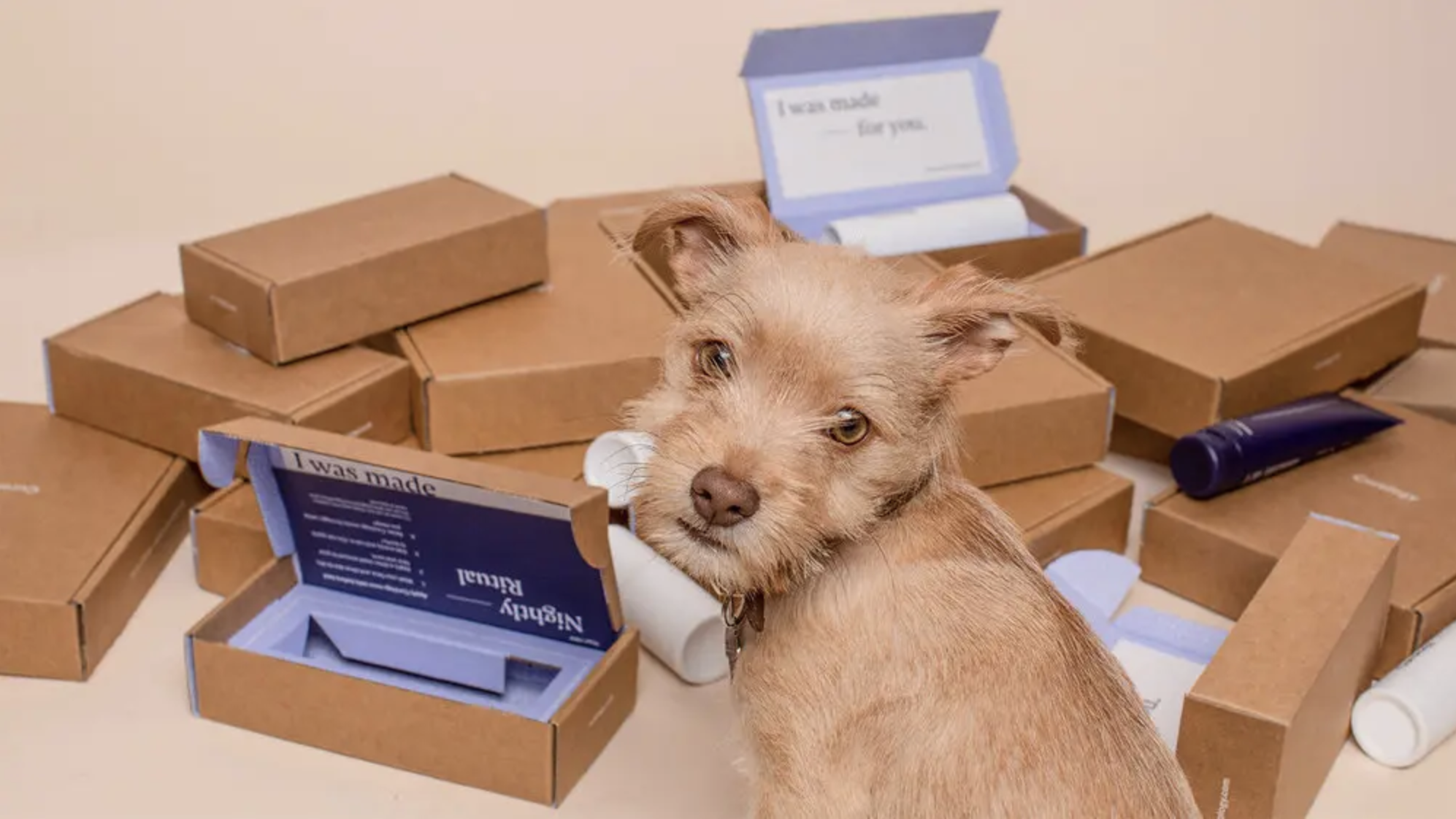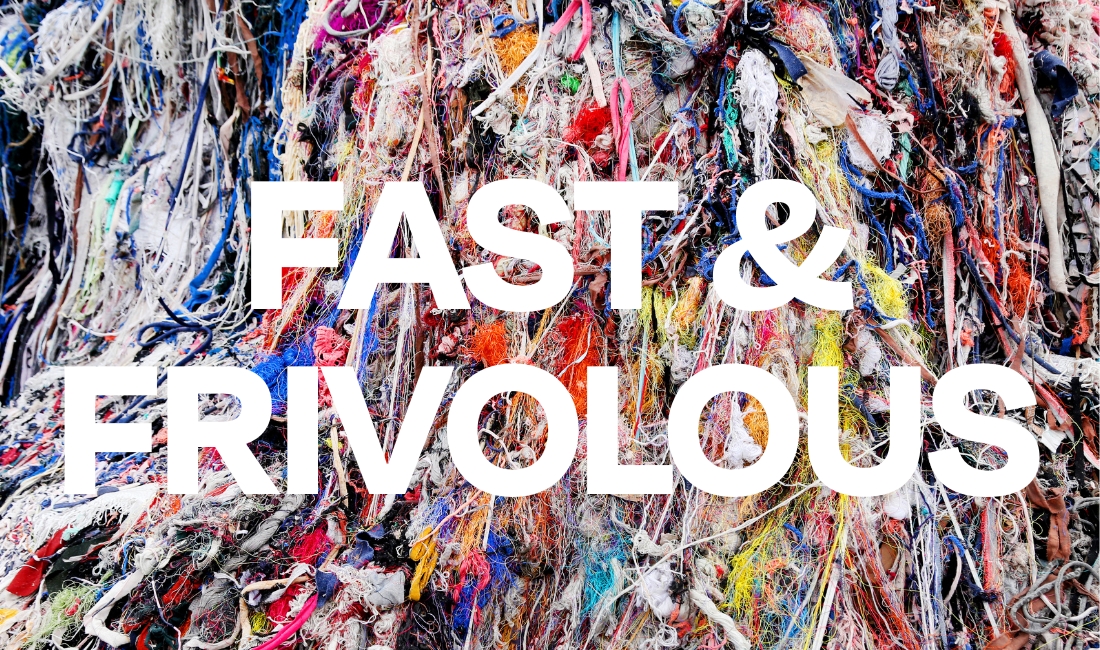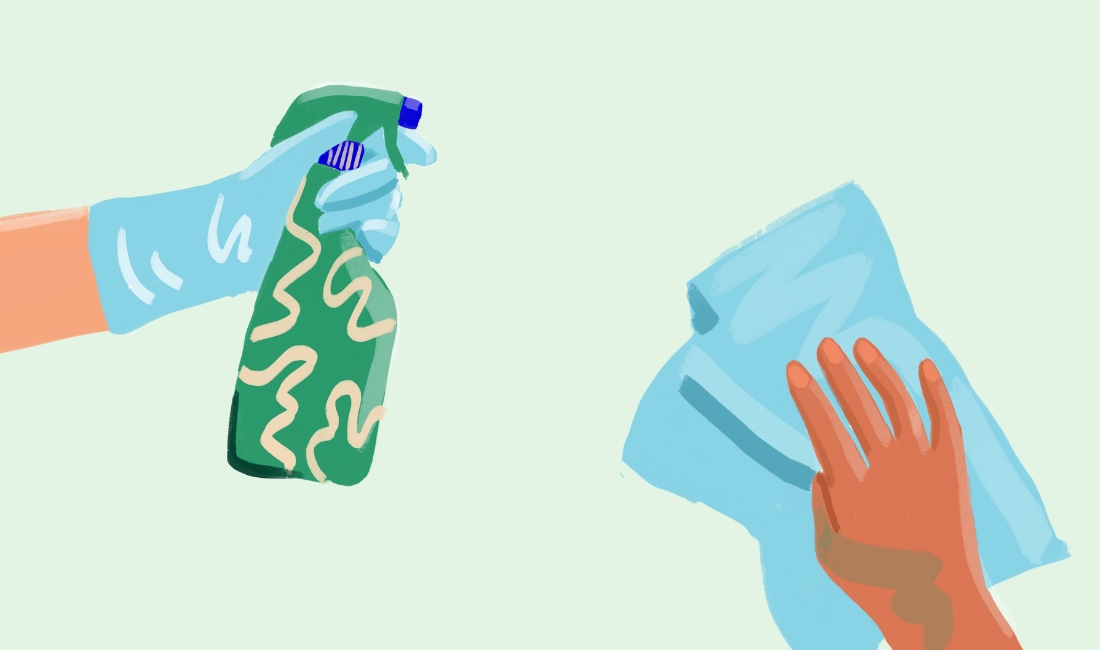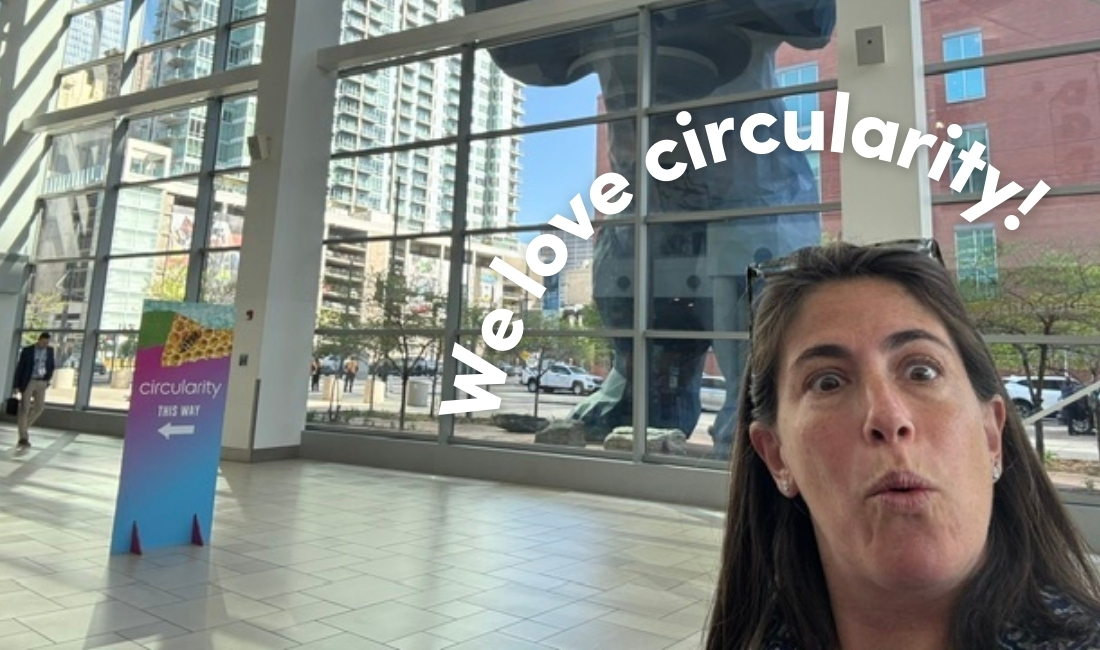Your Guide to More Sustainable Makeup Brushes

There’s something so satisfying about opening up a fresh new makeup brush and saying goodbye to the (decade) old one that has spent more time unwashed than we’d like to admit – no shame, we’ve all been there. If you’re in the market for a new brush or brush set, there are a few things worth keeping in mind to make a more sustainable choice and keep your brush in tip-top shape for longer.
Here’s the TLDR:
While synthetic fiber brush bristles are derived from fossil fuels, (don’t love) they avoid the serious animal welfare concerns that are associated with natural hair bristles (love). For the brush handle, look for post-consumer recycled plastic or aluminum over those made from virgin plastic or chemically-treated wood (which may seem counterintuitive, but it is harder to recycle). Packaging wise, less plastic is always better; if recycling is a struggle, third-party options like TerraCycle can help. Certifications like FSC, Leaping Bunny, and PETA’s Cruelty Free are all green flags, as well. Last, but definitely not least: wash your makeup brushes regularly! It’s better for your skin and helps brushes last longer.
Ingredients by Brush Component
Bristles
Makeup brush bristles are typically either made from real animal hair or from synthetic fibers. While we’d love to give you a clear-cut recommendation, unfortunately, most ingredients solve one problem but contribute to another. Here’s a breakdown of what to consider:
- Animal Hair: Makeup brushes were originally made from animal hair thousands of years ago and today, many still are: from squirrels, to horses, to goats and beyond. The hair is often acquired in cruel ways, from painful plucking to slaughter. Transparency around this is a bit of a bummer, too. The “Cruelty-Free,” labels sometimes only encompass animal testing, not necessarily the sourcing of the materials. Additionally, animal hair can contain a higher level of trapped bacteria due to the irregular surfaces of the hair. Eek!
- Synthetic Fiber: Given their allergy-free nature and avoidance of animal welfare concerns while mimicking the natural performance of animal hair, we’d pick synthetic over animal – though we admit, they’re not perfect. The good part? Taklon brushes are smooth, non-porous synthetic fibers whose sleek surfaces make it harder to trap in product – and therefore more hygienic than their animal-derived counterparts. On the other hand, synthetic taklon is derived from fossil fuels (meaning its associated with higher carbon emissions) and it also takes a long time to break down in the environment, contributing to the growing plastics crisis.
Handle
Makeup brush handles are typically made from either plastic, wood, or aluminum. As always, there are several nuances to consider when making your choice.
- Plastic handles are, you guessed it, derived from fossil fuels. They don’t decompose, like ever, and instead they break down into smaller microplastics that accumulate just about everywhere in our environment. It’s a bit harder to find, but if you can get your hands on brushes that use handles made from post-consumer recycled (PCR) plastic, that would be a better option because PCR materials emit fewer greenhouse gases and reduce the demand for virgin plastic.
- Wood handles are great in theory because wood can be easily recycled or even composted. The tricky part is that the wood may be finished with a polish or other chemical treatment to prevent decay. While this helps its durability, it also makes it much harder to recycle. We’d recommend it over virgin plastic though and, if you can’t recycle your makeup brushes, consider washing them and save them for your DIY arts and crafts’ needs!
- Aluminum handles can be a great choice – when actually recycled. Due to its lower melting point, aluminum is one of the easiest metals to actually recycle – there's a reason why over 75% of the aluminum ever manufactured in North America was still in use in some form as of 2023. This one from Haus Labs is a solid option because they claim the handle is made from just aluminum, so there aren’t additional materials there to complicate the recycling and reuse process.
Packaging
It’s easy to assume that packaging for makeup brushes is more straightforward to understand than packaging for the makeup itself since there’s no potential for spillage (unlike the actual makeup we tend to use these brushes to apply). Yet, in reality, things get pretty complicated as soon as a variety of materials come into the mix. Some things to keep in mind:
- While it's nice to be able to see the brush through the packaging it’s in, we try to avoid single-use plastic at all costs for all the icky fossil-fuel reasons we’ve already discussed.
- Some brands use cardboard boxes, which is ideal if they are fully recyclable. Cardboard is lighter than most plastic packaging of brushes (though, this isn’t always the case with packaging) so it’s less carbon-intensive for manufacturers to ship the product to stores. Bonus points if the packaging is made of recycled cardboard.
- Given the inherent trickiness that comes with recycling makeup brushes (and their multi-material packaging), you can look to programs like Ilia’s, which gives U.S. customers the opportunity to mail up to ten empty beauty products per month – from any brand – back to the company to help with more responsible disposal of harder-to-recycle beauty products. We’ll take it!
- When in doubt, third-party recyclers like Terracycle can often offer an alternative for the disposal of cosmetic packaging that might not be accepted elsewhere.
Usage Tips
Avoid buying large sets of brushes. A good one (or maybe two) typically does the trick. Better yet, double sided brushes like this one from DIBS Beauty give you twice the brushes for half the handles! One of the most important usage tips? Clean your brushes! We know, it's the worst. But, dirty brushes not only wear out faster, but they also harbor bacteria that’s harmful for your skin.
Certifications:
Forest Stewardship Council (FSC) Certification
The FSC Certification helps you choose products that support responsible forestry. The FSC is an international nonprofit that ensures its certificate holders source wood for their products (like your wooden makeup brushes) from forests that are sustainably managed, provide social and economic benefits to local communities, and preserve biodiversity.
Leaping Bunny
Leaping Bunny is an internationally recognized symbol that guarantees no animal tests were conducted on any of the ingredients in a product. Prioritize this one if you want to alleviate any animal welfare concerns, which unfortunately can be quite common with makeup brushes.
PETA Cruelty Free
PETA’s Cruelty-Free offers a searchable database of companies and denotes whether they conduct, commission, or test their products on animals.
Fun(ish) Fact...
One study found that uncleaned makeup brushes had as much (or more) bacteria than a toilet seat. We've said it before and we'll say it again: Wash your brushes!
Join today to get access to product recommendations,
unlimited articles, and exclusive weekly content.
(16% discount)
Already a member? Log in.
Choose Wisely with Finch

All Out Perfecting Brush
Handle is 100% aluminum and 100% PCR plastic, 100% FSC-certified paper, and soothing bristles
.svg)
.svg)

Complexion Brush
Easy to apply and buff into the skin, made from sustainably harvested wood for the handle and synthetic, man-made fiber for the bristles
.svg)
.svg)

Demi Dual-Ended Makeup Brush Set
Includes three brushes made with soft recycled plastic bristles, and handles are made from recycled aluminum
.svg)
.svg)

The Everything Brush
Anything Bobbi Brown touches turns to gold. That's it.
.svg)
.svg)

Skin2Skin Powder Blush Brush
RMS beauty has a deep commitment to sustainability, ranging from making their products free of all the bad stuf and also using post-consumer recycled materials whenever possible. Their brushes are just as thoughtfully made.
.svg)
.svg)

Foundation Brush
Gucci Westman knows what's up.
.svg)
.svg)
Learn more about our sources and methodology
LEARN MORE











